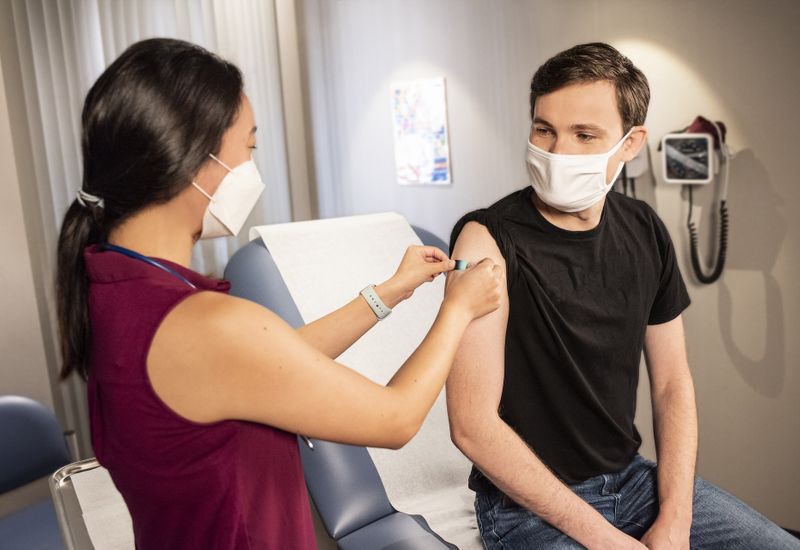The NHS is offering a free meningitis jab to all freshers under 25 – here’s why it’s so important to protect yourself.
It was the summer before I started uni, and amongst all the junk I was getting from UCAS and various insurance sites, the same phrase kept coming up: “meningitis vaccine”.
As someone with a crippling fear of needles, I wasn’t too interested. It wasn’t compulsory, and anyway, what were the chances of it happening to me? Didn’t meningitis only affect children? Actually, no. Meningitis is a disease that attacks the lining of your brain and spinal cord, and it can strike anyone at any age.
The Kissing Disease
Recently, a new type of meningitis called MenW has emerged. MenW is caused by bacteria in the nose and throat and is nicknamed “the kissing disease” as this is how it’s usually passed on. With their active social lives (ahem), students are particularly vulnerable. According to Meningitis Now, over a quarter of students carry the MenW bacteria compared to 1 in 10 of the general population.
What is meningitis?
Meningitis is a horrific disease. It can kill within a few hours of symptoms appearing. It can have devastating after-effects, including brain damage and paralysis. The same bacteria can cause septicaemia (blood poisoning), which can result in the amputation of limbs.
MenW specifically has risen year on year since 2009, leading to 209 deaths in 2015; it has a far higher death rate than any other type of meningitis.
Why get the vaccine?
The MenACWY vaccine is now offered free to all freshers under 25 in the UK. I was terrified, but after reading up on the disease I decided that it was worth it. The vaccine protects against most strains of meningitis: MenA, MenC, MenW and MenY, plus septicaemia – and as a needle-phobic, I was happy to find out that it’s all done in one jab! I was in and out of the doctor’s in 10 minutes, now protected against one of the worst diseases for students.
Getting vaccinated also prevents the bacteria from spreading; the more people are protected, the less number of cases there are. I would definitely recommend getting the vaccine before starting uni, as the benefits completely outweigh the terror of one small needle.
Symptoms of meningitis/septicaemia:
- Fever
- Vomiting
- A severe headache (don’t mistake it for a hangover!)
- Feeling cold and shivering, especially in your hands and feet
- Pale, mottled or “off-colour” skin
- Stiff, aching joints and limbs
- Feeling sleepy, vacant or delirious
- Dislike of bright lights
- Seizures
- Strange spots or rash (press a glass tumbler against the rash - if it doesn’t disappear under the pressure then it is serious)
IF YOU SHOW ANY OF THESE SYMPTOMS SEEK MEDICAL HELP IMMEDIATELY!













